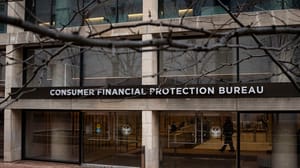
The Internal Revenue Service, on a periodic basis, issues revenue procedures that provide a list of issues on which the IRS won’t issue private letter rulings or determination letters. Estate/tax planning professionals colloquially refer to this ever-evolving list as the “no-ruling list.” Perhaps unsurprisingly, when new tax issues are added to the no-ruling list, especially for popular estate planning and trust administration techniques, it can sometimes cause a significant amount of consternation among practitioners and trust fiduciaries. They may be concerned that the addition of a new tax issue to the no-ruling list could be a precursor to future guidance from the IRS that ultimately curtails or even eliminates planning techniques th...
Unlock All Access Premium Subscription
Get Trusts & Estates articles, digital editions, and an optional print subscription. Choose your subscription now and dive into expert insights today!
Already Subscribed?






